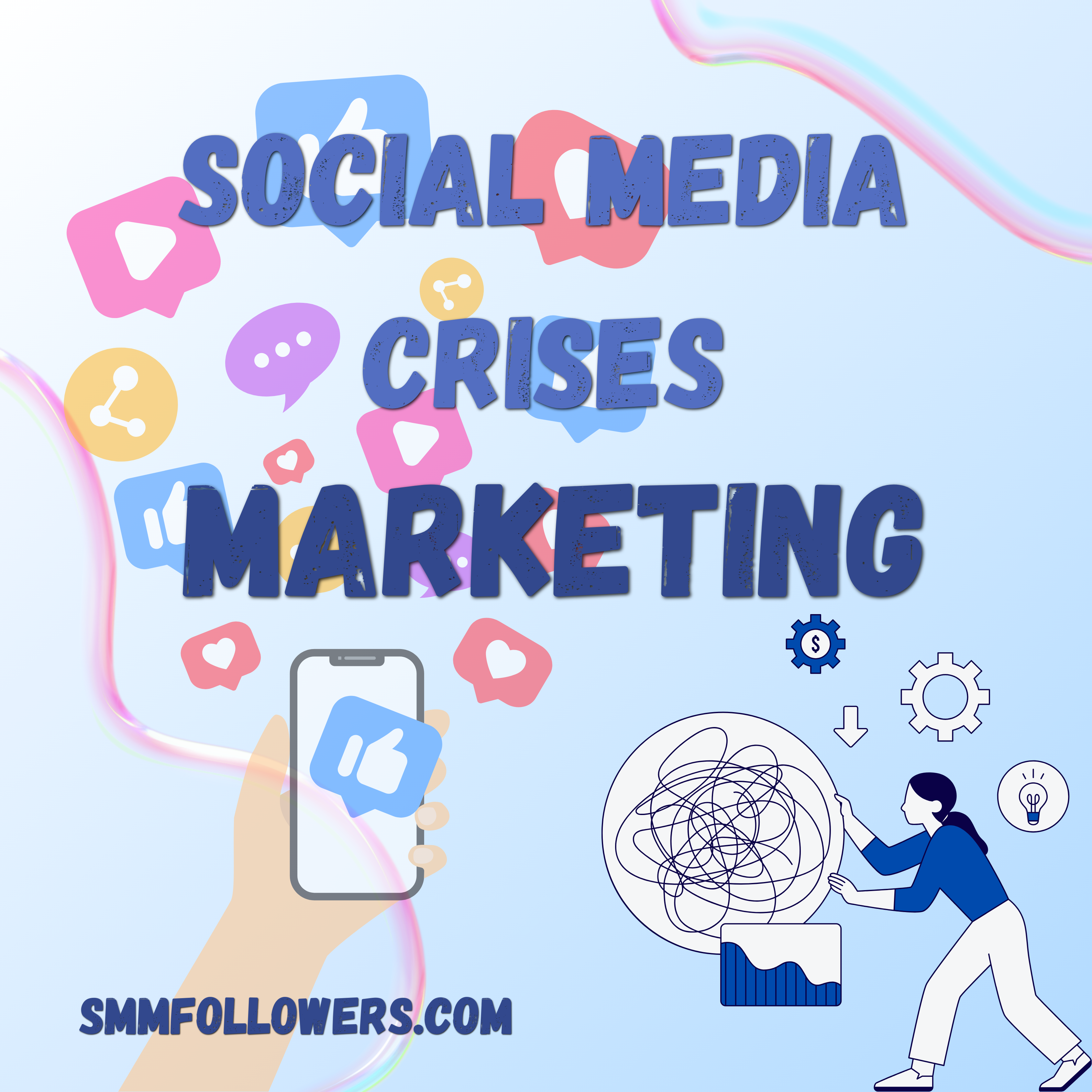
Social Media Crisis Management: Strategies for Navigating Challenges and Protecting Brand Reputation
Social Media Crisis Management: Strategies for Navigating Challenges and Protecting Brand Reputation
In today's digital age, social media has become a double-edged sword for brands. While it offers unprecedented opportunities for engagement and brand building, it also poses significant risks in terms of reputation management. A single misstep or negative comment can quickly escalate into a full-blown crisis, potentially damaging a brand's image and bottom line. In this blog post, we'll explore effective strategies for navigating social media crises and safeguarding your brand's reputation.
Understanding Social Media Crises
A social media crisis can take many forms, ranging from negative customer reviews and viral complaints to PR disasters and brand scandals. Regardless of the nature of the crisis, the key to effective crisis management lies in timely, transparent, and empathetic communication.
Establish a Crisis Response Plan
Preparation is key to managing social media crises effectively. Develop a comprehensive crisis response plan that outlines roles, responsibilities, and communication protocols for key stakeholders within your organization. Identify potential crisis scenarios, establish escalation procedures, and designate spokespersons authorized to speak on behalf of the brand.
Monitor Social Media Channels
Proactive monitoring of social media channels is essential for early detection and swift response to emerging crises. Use social listening tools and analytics provided by your SMM panel to track brand mentions, sentiment trends, and emerging issues in real-time. Set up alerts for keywords related to your brand and industry to stay informed of potential threats to your reputation.
Respond Promptly and Transparently
Empathize and Engage
Demonstrate empathy and understanding in your communications with affected stakeholders. Acknowledge their concerns, listen actively to their feedback, and engage in meaningful dialogue to address their needs and alleviate their concerns. Personalize your responses whenever possible to show that you value each individual's experience.
Take Ownership and Accountability
Take ownership of the situation and accept responsibility for any mistakes or shortcomings on the part of your brand. Avoid making excuses or shifting blame onto others, as this can erode trust and credibility. Instead, focus on solutions and concrete actions to rectify the situation and prevent similar incidents from occurring in the future.
Provide Regular Updates
Keep your audience informed of the latest developments and actions taken to resolve the crisis. Provide regular updates via social media posts, email newsletters, and press releases to demonstrate transparency and accountability. Be honest about any challenges or setbacks encountered along the way and outline your plans for moving forward.
Monitor and Evaluate
Continuously monitor the impact of your crisis management efforts and adjust your strategy as needed. Track key metrics such as brand sentiment, social media engagement, and customer satisfaction to gauge the effectiveness of your response. Conduct post-crisis reviews to identify lessons learned and areas for improvement in your crisis response plan.
Conclusion
Social media crises are an inevitable part of modern brand management, but with careful planning and effective communication, they can be navigated successfully. By establishing a crisis response plan, monitoring social media channels, responding promptly and transparently, empathizing with affected stakeholders, taking ownership and accountability, providing regular updates, and monitoring and evaluating the impact of your efforts, you can protect your brand's reputation and emerge stronger from any crisis. Remember, it's not the crisis itself that defines your brand, but how you respond to it that truly matters.